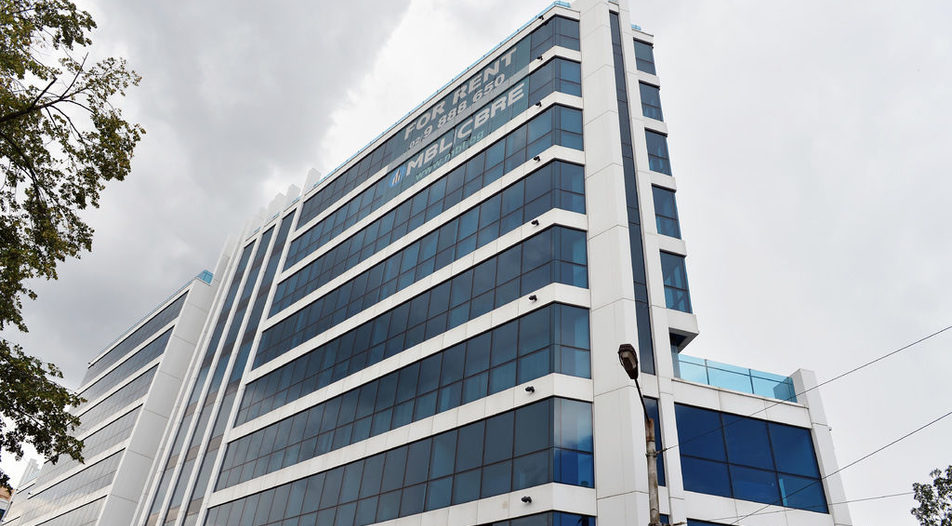• The total amount invested in the period is 351 or 380 million euro, depending on the assessment
While 2017 was marked by a record number of business property sales, this year has been characterized by a noticeable drop in the appetite of investors, real estate consultants Cushman&Wakefield Forton and Colliers say.
According to an estimate by Colliers, the investment in business properties in the first six months of the year amounted to 351 mln euro, a decrease of 10% from the same period last year. The consultants say that 80% of that sum was generated by five purchases. Colliers are of the opinion that this indicates that there is liquidity in the market, which could spur demand. Cushman&Wakefield Forton's assessment shows a higher result for the first half - 380 mln euro, with the provision that most of the deals were agreed in 2017, and that the decline is expected to continue.
Yavor Kostov, capital markets manager for Cushman&Wakefield Forton, comments: "The volume of sales since the start of the year should not be interpreted as intensified activity but instead should be seen as inertia from 2017."
Investor focus
The focus of investors in the first half of 2018 was on office and retail spaces. The deals for office space dominate the market with a 65% share of the total, followed by retail space, which accounted for 23% of all the investments during the period. According to Colliers, the remaining investments were distributed between plots for development, hotels, and industrial properties.
Deals involving profit-generating assets accounted for about 73% of the total for the period, followed by properties purchased for personal use (18%), and speculative investments (9%).
Colliers did not detect a change in the profitability of the three principal business property segments in relation to last year. Industrial properties continued to generate the highest profitability rate of 10%, followed by office spaces - 8.25%, and retails paces at about 7.25%.
Peak in office space deals
The five deals that made up 80% of the first-half investment, according to the Colliers analysis, consisted of one shopping center and several office space purchases.
At the end of April, Poland's GTC acquired Mall of Sofia together with 10 300 m2 of office space in Sofia Tower for 90 mln euro, which consultants considered as two separate deals.
In May, the newly formed company Lion's Head, a joint venture between South Africa's Old Mutual group and Bulgaria's AG Capital, became the proprietor of the Megapark complex on Tsarigradsko Shose in Sofia for an estimated 90 to 100 mln euro - a sum that makes the deal the largest office space acquisition in the last decade. Previously, Lion's Head purchased Polygraphia office center in Sofia, which was appraised at about 50 mln euro.
During the last days of June, United Bulgarian Bank and DZI insurer, part of Belgium's KBC group, bought a building from NIKMI's Millennium complex next to the National Palace of Culture (NDK) in Sofia for 108 mln levs, which put them in second place after the Megapark deal.
There were smaller office space purchases at the beginning of the year. Among them, the office building on Moskovska Street which previously housed the European Commission Delegation was bought by the Pavlov brothers Vladimir and Ognyan. The parameters of the deal were not announced, but according to estimates of Capital newspaper, the price was in the region of 7 to 8 mln euro. At the beginning of March, one of the largest Hungarian holding groups - Wing, which is controlled by the millionaire Tibor Veres, acquired two office buildings in Sofia for 9.85 mln euro.
The reasons for decreased demand
According to Cushman&Wakefield Forton, the main reasons for the loss of interest by foreign investors are the high asset prices and the lack of good-quality, large-scale projects that would meet the demands of potential buyers. The good results from 2017 raised the expectations of Bulgarian sellers, which in turn led to an increase in pricing. The latest data reveals a slight growth in office and retail space rents.
Yavor Kostov points out: "This increase is not based on a rise in demand but on the overly optimistic expectations."
The better conditions that other countries in the region offer are another reason for the withdrawal of western European investors from Bulgaria.
Consultants state that markets such as Romania and Hungary, as well as secondary cities in Poland, offer lower profitability, but have better financing options and lower risk than Bulgaria.
Colliers forecast that the market will remain stable until the end of the year, while investor interest will continue to focus mainly on office and retail spaces. Due to the lack of any large assets for sale, it is unlikely that sales in 2018 will surpass the 957 mln euro total of last year.
• The total amount invested in the period is 351 or 380 million euro, depending on the assessment












